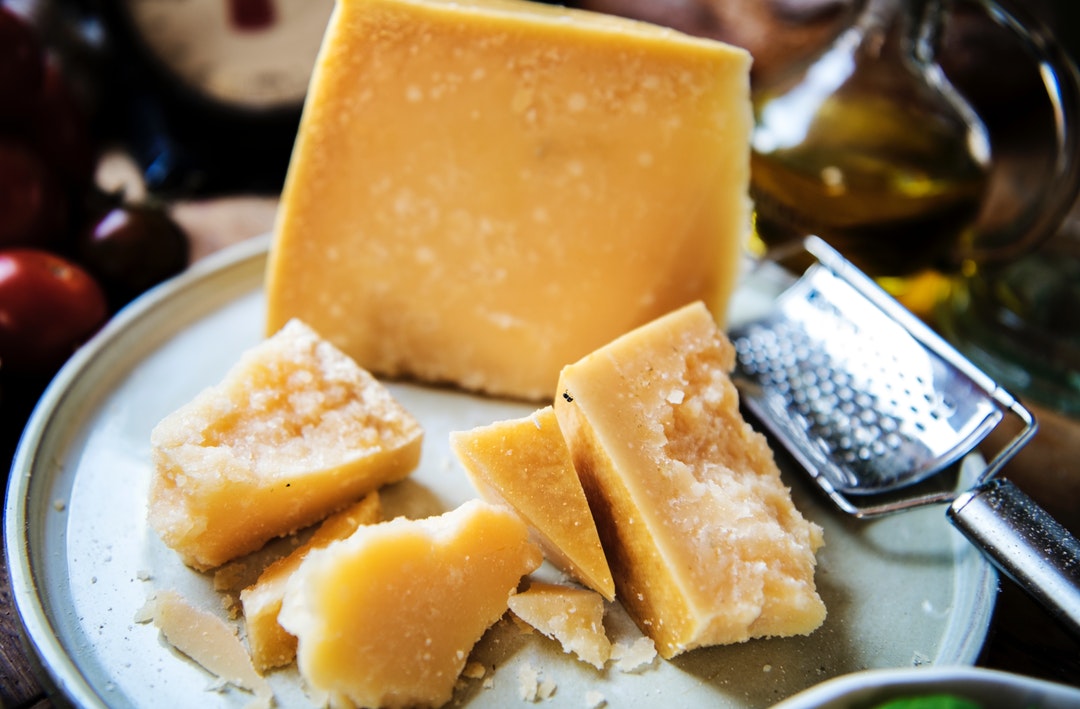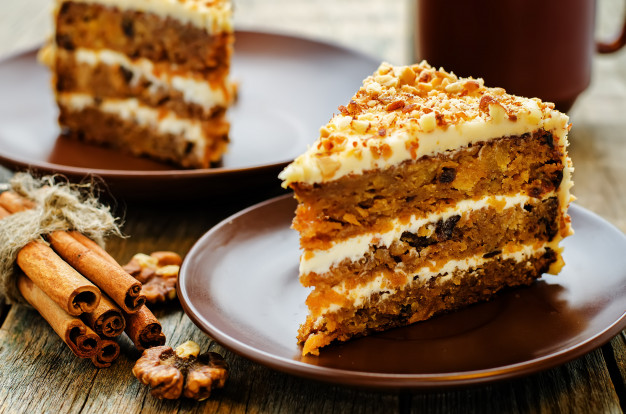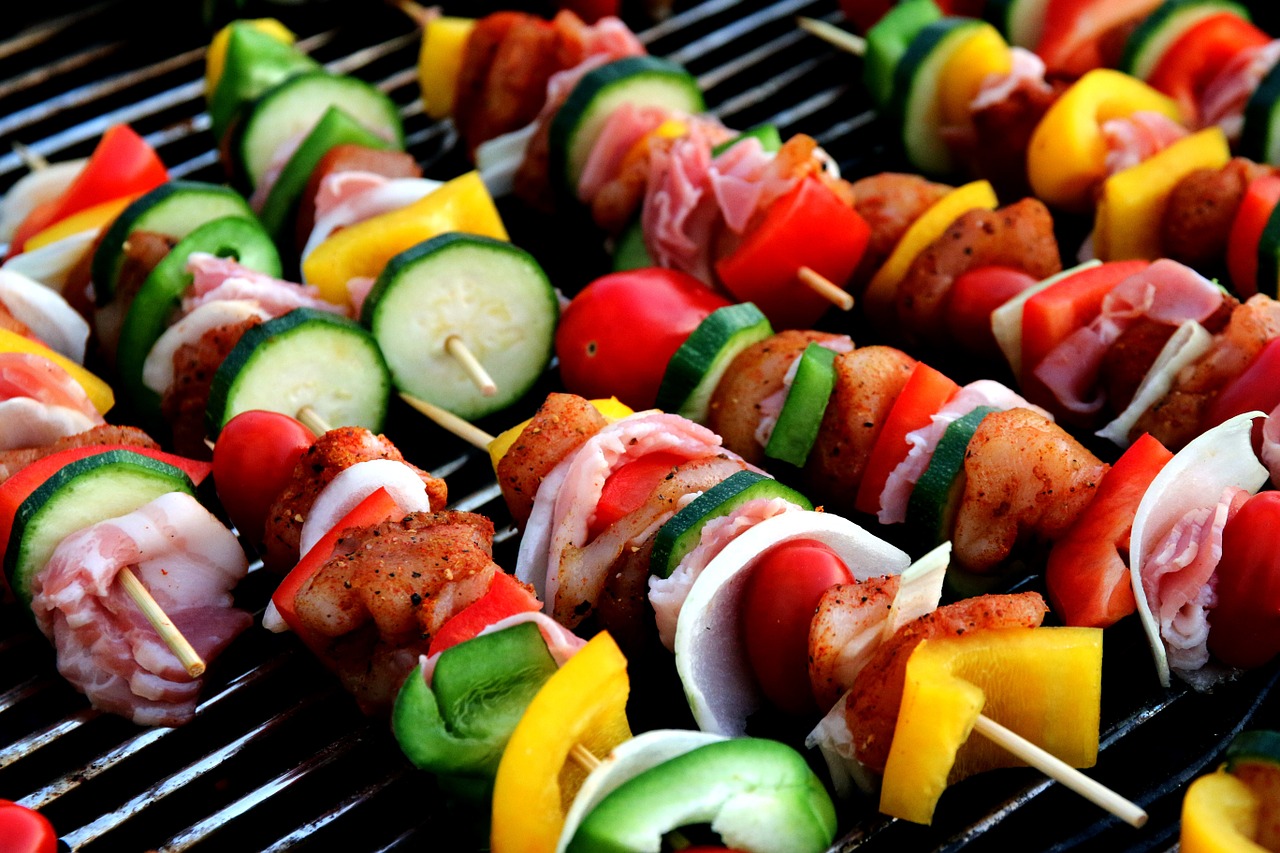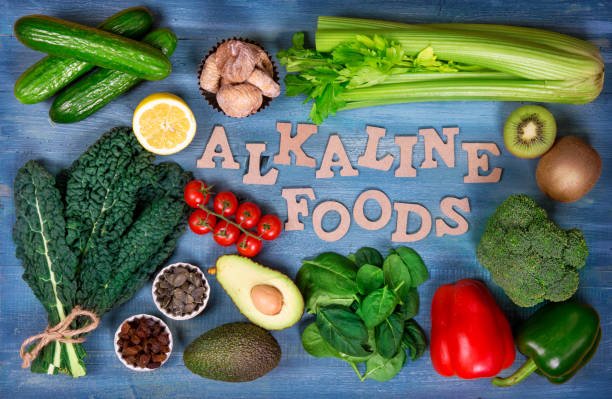It may or may not surprise you that each American eats an average of 35 pounds of cheese a year. There are lots of ways to eat cheese – with crackers, on sandwiches, deep fried, in salads- so this really isn’t too high a statistic considering all the things you can do with this tasty food.
If you’re one of the many people who loves cheese, you might be a little worried that it will hurt your health one day. Well, the good news is that you’re probably worried for nothing – it might even have the opposite effect!
Here are seven awesome benefits of cheese that you probably didn’t know about.
1. Good For Skin And Hair:
One thing that cheese is really good for is helping to keep your skin and hair healthy. Cheese is great for the skin because it contains lots of Vitamin B, which helps your skin stay healthy and glowing. It helps get rid of acne and other skin problems by helping the healthy skin cells grow.
Cheese also has protein in it. When we think of protein, we tend to think of beef or pork, but cheese is actually more healthy than these things and gives you a slimmer, healthier alternative. Cheese has calcium, too, which is great for keeping your hair healthy and shining.
2. Helps Bones and Teeth:
Cheese is also helpful in maintaining healthy bones and teeth. If you eat only one ounce of Parmesan cheese, you get 336 milligrams of calcium, which becomes even more the more cheese you eat. Other types of cheese come close, too.
This is good for your bones because normal healthy men need 1,000 milligrams of calcium a day to keep their bones in shape. So, eating just three ounces of cheese will fill all your needs for the day!
Along with phosphorous, another chemical found in cheese, calcium helps to prevent the enamel on your teeth from wearing down. In the end, this means fewer cavities and money spent on dentist visits for you.
3. Helps Maintain Healthy Weight:
People tend to hate the idea of gaining weight, but the truth is that everyone needs to have fat in their bodies to survive. Well, cheese can help you to maintain a healthy weight and have the healthy fats that you need for temperature regulation and a good immune system.
Some people are even looking to gain weight, and cheese is a good way to do it in a healthy way. It has a good amount of fat and protein, which can help to strengthen your muscles.
4. Lowers Risk Of Heart Problems:
Heart disease, the biggest killer in the US, is a terrifying idea for anyone. The good news is that eating cheese can lower your risk of getting it and maybe extend your life.
A study from 2017 actually showed that people who eat a little cheese each day have a 14% lower chance of developing heart disease. It might be a worthwhile investment!
On a related note, eating cheese also helps to lower your risk of having a heart attack. Maybe deep-fried cheeses like mozzarella sticks aren’t the way to go, but cheese and crackers? Eat a little bit of those every day – you just might be saving your own life!
5. Benefits of Cheese Against Cancer:
While we’re on the topic of saving your life, eating cheese also lowers your risk of developing certain cancers later in life. Cheese is rich in the antioxidants that fight cancer cells in your body. This means that they won’t fester and hurt the healthy cells that your body needs.
Right now, there are more studies that are supporting the idea that eating cheese has an effect on the development and prevention of colon cancer. Who knew that something so delicious also might just help you have a longer, healthier life?
6. Lots Of Variety:
Another super cool thing about cheese is that there is a lot of variety when it comes to picking a kind you like. Like something flavorful and sophisticated? You might like an aged Gouda or cheddar. Something to spread on crackers or dip bread in? Brie or Gorgonzola might be for you!
One of the absolute best things to look into when considering your cheeses is French cheese. Everyone knows that no country does “classy” quite like France, so why not take a stab at cheese from a country known for its high-end cuisine?
From strong to smooth, you’re sure to find a type of cheese that pairs well with other aspects of your diet.
7. Pairs Well With Fruit:
Though this isn’t strictly a health benefit of cheese in and of itself, cheese is really good because it pairs well with fruit. Fruit is healthy because different fruits contain lots of different vitamins. Vitamins A and C, to name a couple, are really common.
Lots of people need something rich to pair with the sweetness of fruit, and that’s where cheese comes in. It’s perfect to contrast flavors with the sweet, tangy fruits, which might lead to you wanting to eat more of them and get those great vitamins.
Cheese Is The Best!
From this intel, you’ve probably gathered that your phobia that cheese is bad for you is just that: an irrational fear. If you want all these great health benefits, cheese is actually food you should be seeking out!
Now that you know all about the wonders cheese can do for your health, you might want to check out this article about variants of everyone’s favorite cheesy dish – pizza!
Now count with me. Three, two, one… say cheese!
Read Also:

























